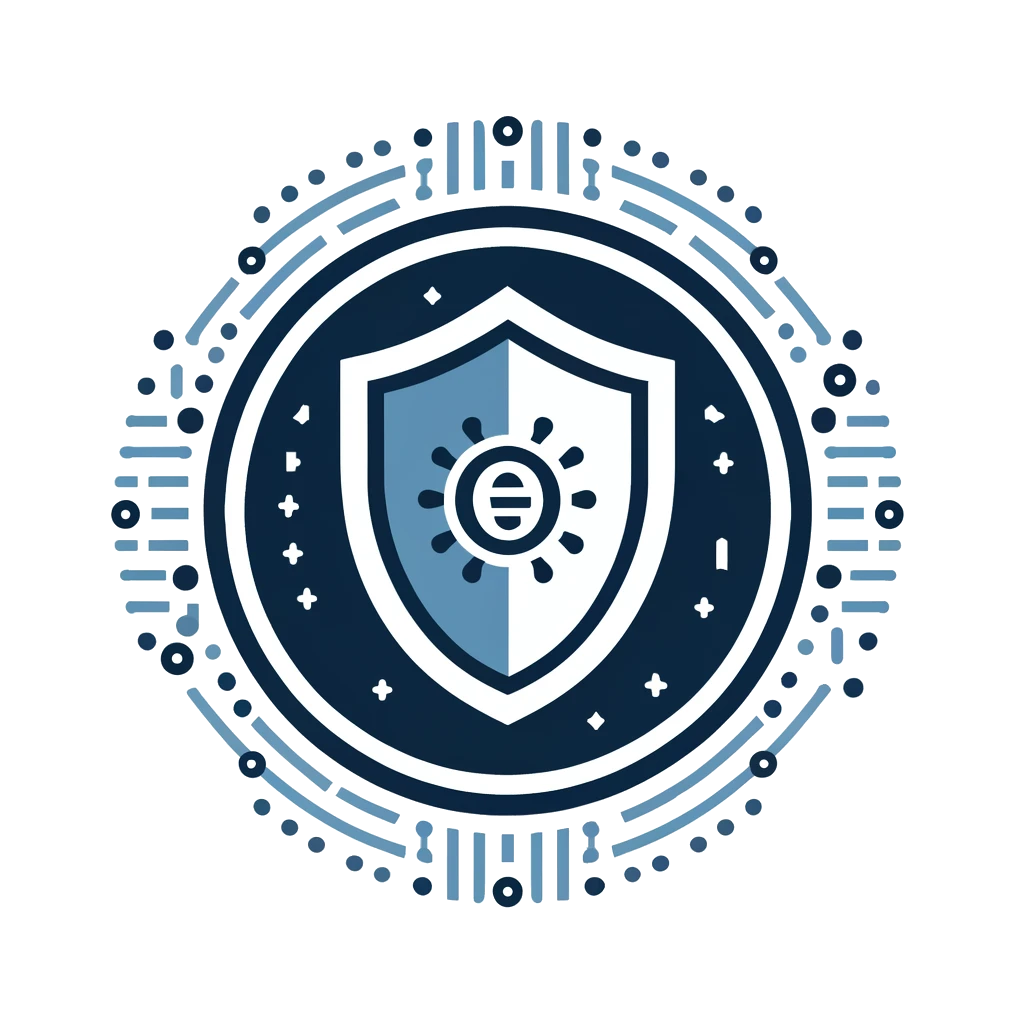Supervisory Control and Data Acquisition
Supervisory Control and Data Acquisition
Supervisory Control and Data Acquisition (SCADA) is a system used to monitor and control industrial processes, such as manufacturing, power generation, and water treatment. SCADA systems combine hardware and software to collect and analyze real-time data, allowing operators to monitor processes, make decisions, and control equipment remotely.
Components
SCADA systems consist of several key components, including:
- Remote Terminal Units (RTUs): RTUs are devices that collect data from sensors and equipment in the field and transmit it to the central SCADA system.
- Programmable Logic Controllers (PLCs): PLCs are devices that control industrial processes based on input from sensors and the SCADA system.
- Human-Machine Interface (HMI): The HMI is a graphical user interface that allows operators to monitor processes, view data, and control equipment.
- Communication Infrastructure: SCADA systems rely on communication networks, such as Ethernet or serial communication, to transmit data between components.
Operation
SCADA systems collect data from sensors and equipment in real-time, process the data, and present it to operators through the HMI. Operators can use the HMI to monitor processes, set parameters, and control equipment remotely. SCADA systems can also generate alerts and notifications based on predefined criteria, allowing operators to respond quickly to changes or emergencies.
Applications
SCADA systems are used in a wide range of industries and applications, including:
- Manufacturing: SCADA systems are used to monitor and control manufacturing processes, such as assembly lines and production equipment.
- Energy: SCADA systems are used in power generation and distribution to monitor and control power plants, substations, and grid systems.
- Water and Wastewater: SCADA systems are used in water treatment plants and wastewater facilities to monitor and control processes, such as pumping and filtration.
Security Considerations
Due to the critical nature of SCADA systems, security is a major concern. SCADA systems are often targeted by cyber attacks, as a successful attack could have serious consequences, such as disrupting operations or causing equipment damage. To mitigate these risks, SCADA systems implement security measures, such as firewalls, encryption, and access control.
Conclusion
Supervisory Control and Data Acquisition (SCADA) systems play a crucial role in monitoring and controlling industrial processes. By providing real-time data and remote control capabilities, SCADA systems help improve efficiency, safety, and reliability in industrial operations.
